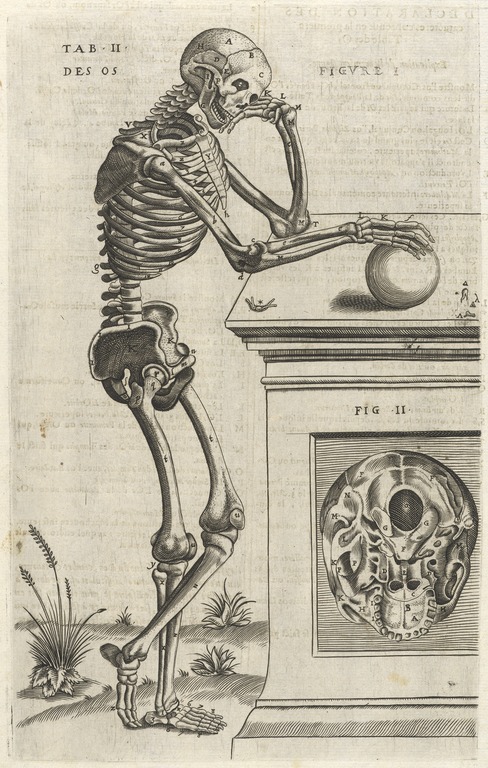
Find Professional Images of Art, Archival Materials, and More
Please note the rights and copyright statements for any image you reuse and be sure to cite your sources.
Note: The databases that include "(@Decker Library)" might ask for your MICA username and password.
Artstor Digital Library (@Decker Library)
Artstor contains nearly two million digital images of works of art from many time periods and cultures. Here you'll find images of architecture, sculpture, photography, decorative arts, and design. New to Artstor? Register on campus first, after which you'll be able to access this database anywhere off campus - as long as you log in on campus every 120 days. Questions? Contact us for help.
Internet Archive is a non-profit library of millions of free books, movies, software, music, websites, and more.
Digital Public Library of America
DPLA is a public portal that provides innovative ways to search and scan through the united collection from libraries, archives, and museums of millions of items, including searching by timeline, map, format, subject, and project partner.
Europeana, also a public image portal, helps cultural institutions around Europe share their digital collections with a wider audience.
The Commons, a public image database, launched in 2008 when Flickr teamed up with Library of Congress. It now has an overwhelming amount of partners who have contributed to the project, including libraries, archives, and museums. Anyone with an account can view, download, and tag an image.
Wikimedia Commons is a database containing millions of media files to which anyone can contribute.
Oxford Art Online (@Decker Library)
Oxford Art Online is available through Decker Library and comprises of Grove Art Online, the Benezil, Dictionary of Artists, the Encyclopedia of Aesthetics, The Oxford Companion to Western Art, and The Concise Oxford Dictionary of Art Terms, as well as other articles and bibliographies.
Credo Reference (@Decker Library)
Credo Reference contains hundreds of reference books, searches include images.


For more information on Copyright, refer to the Copyright Resources to Support Publishing and Teaching guide.
Understanding Copyright
We've all seen the copyright symbol lurking in the corner of a paper or the footer of a website, but what exactly is copyright and how do you get it for your own work? What does it mean when something is under copyright, and how does that affect you? This guide aims to help you get started in untangling these questions. Of course, we're not lawyers and can't give you legal advice, but we can give you the tools to make more informed decisions about (re)using copyrighted materials and help you to make choices about what you want to do with your own work.

Note: Most of the content in this guide is geared toward U.S. copyright law. For more information on international copyright law, see this page.
This guide is meant purely for educational purposes, and none of the content should be in any way construed as legal advice.



